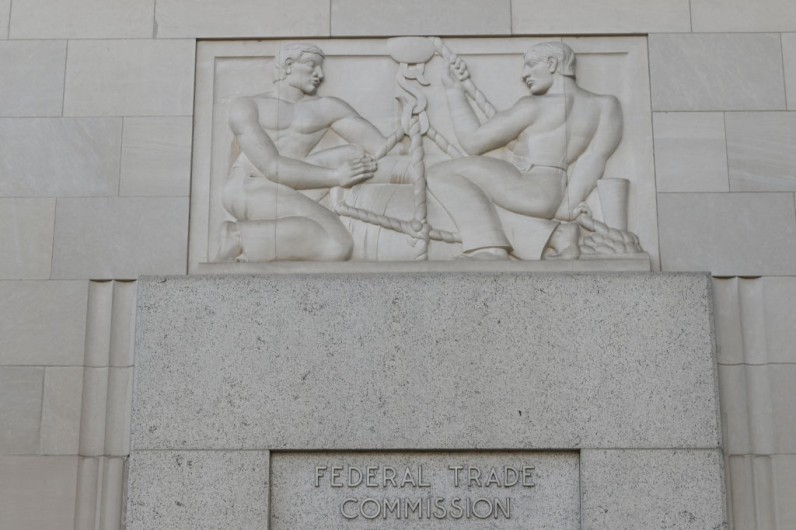
The US Federal Trade Commission (FTC) filed a lawsuit Monday against Maryland-based ticket broker Key Investment Group, accusing the company of using fake accounts to bypass ticket limits and resell tickets at higher prices.
The case highlights ongoing concerns about unfair practices in the live event ticket market.
The FTC says Key Investment Group, behind brands like Epic Seats and Totally Tix, created thousands of fake Ticketmaster accounts to grab tickets for big events, including Taylor Swift's Eras Tour.
Between November 1, 2022, and December 30, 2023, the company purchased at least 379,776 tickets, spending nearly $57 million, AP News said. They later sold the tickets on secondary markets, raking in about $64 million.
For a single Eras Tour show, the company reportedly used 49 accounts to snag 273 tickets, well over the six-ticket limit per person.
Fans' struggles to get Taylor Swift tickets were so intense that they led to a 2023 US Senate hearing on how Ticketmaster manages sales.
The U.S. Federal Trade Commission sued ticket reseller Key Investment Group for evading purchasing limits to buy up thousands of tickets to live events including Taylor Swift's Eras tour and resell them at a markup. https://t.co/ZzvXnaliJe pic.twitter.com/oBxatL6bwf
— NEWSMAX (@NEWSMAX) August 19, 2025
Key Investment Group Accused of Breaking Ticket Sale Rules
FTC Chairman Andrew Ferguson said the lawsuit sends a clear message: "Ticket sellers who bypass posted limits will be held accountable."
The agency accused Key Investment Group and three of its executives of violating both the Better Online Ticket Sales (BOTS) Act and the FTC Act, which prohibits unfair and deceptive practices.
Key Investment Group said it plans to strongly fight the lawsuit. "The case threatens to dismantle the secondary ticket market for live events, further consolidating power in the hands of the industry's largest monopoly," the company said.
According to CNN, it also argued that the BOTS Act targets software bots, not human-led ticket resale businesses, claiming it uses employees rather than automated systems to buy tickets.
The lawsuit is part of a larger push to stop unfair ticket resale schemes.
In March, President Donald Trump signed an executive order directing officials to ensure compliance with IRS rules and promote transparency in ticket sales, as well as prevent unfair practices in the secondary ticket market.
Key Investment Group had previously filed its own lawsuit in July to block the FTC's investigation, arguing its practices were lawful and did not involve bots.







Join the Conversation